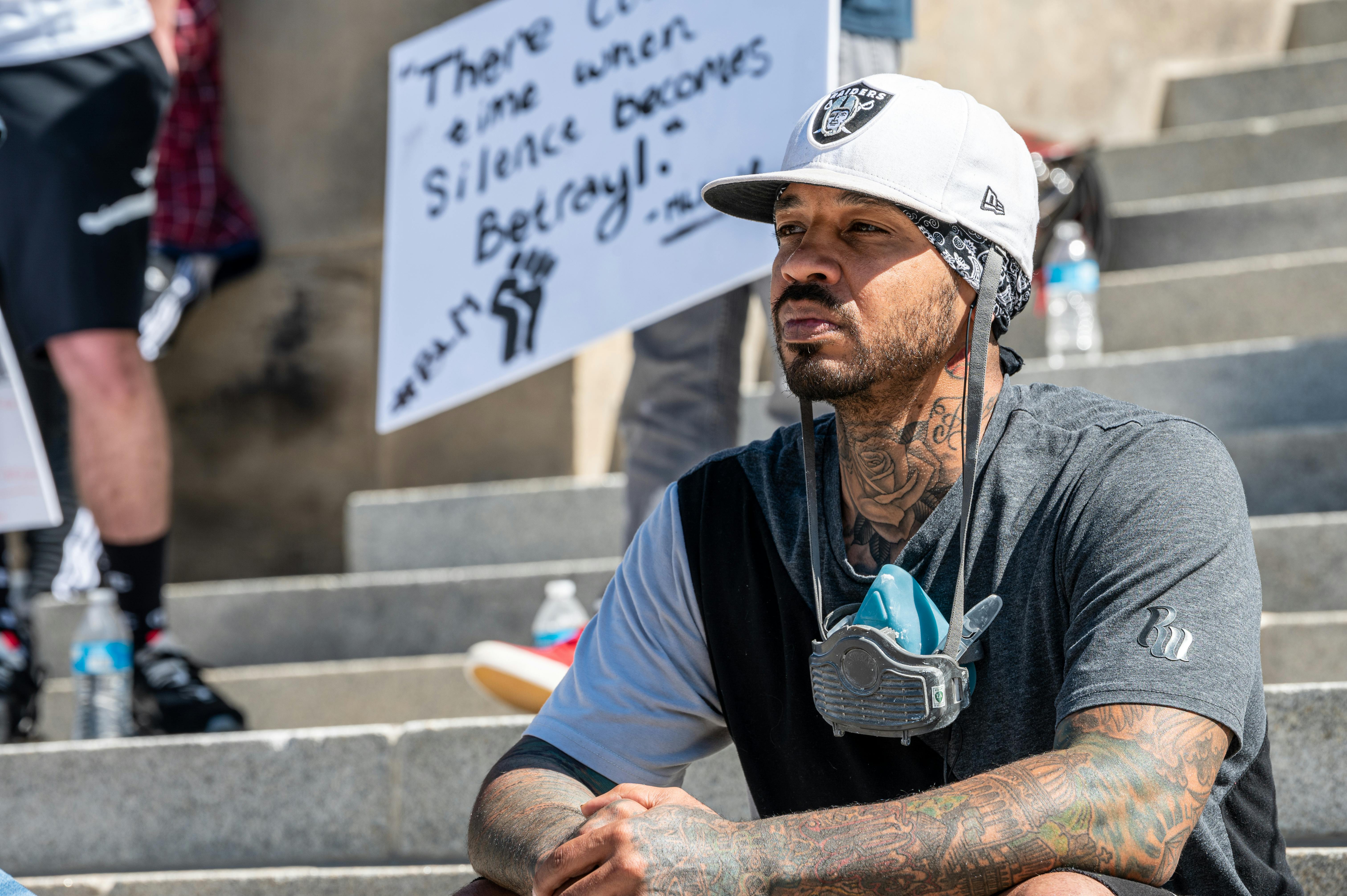Role of top management in the organization
Management is the act of getting things done, simply through people, to achieve desired goals and certain objectives. The implementation of any successful strategy in an organization depends on how committed Top Management is to the success of the organization. And this role would be evident throughout the implementation process. Management is a continuous process of planning, organizing, directing, and controlling an organization.
All employees who make up top management must exhibit enduring characteristics that influence their commitment to achieving the vision of new strategies. Managers are the people who oversee human resources to achieve organizational goals, but effective managers must be thought leaders to motivate their employees in the right direction. Managers must engage in maverick leadership that creates cohesion among employees rather than allocating all employees and fixing tasks that force them to work alone. They must encourage employees to generate ideas that most managers don’t. These personal traits can be further distinguished in roots such as how do they plan, organize, lead and control the organization?
Schedule:
Objectives are the goals that management wants to achieve and planning is the process to achieve these objectives. It is an improvement roadmap. Planning must have a realistic basis and a framework within which a new strategy will be implemented. But it is obvious that most of the upper management consider planning as the starting point, but not as an integral part of managing the necessary tasks. Top management assigns the planning process to the planning department, but plays a vital role in recognizing hidden opportunities and clear understanding of the objectives, the market, and the competition.
Organization:
Organizing is the act of ordering certain elements following some rules. The entire role of the organization is to achieve the general realization of the objectives of the organization. It is obligatory to organize all kinds of resources including men, materials, money and machinery to make optimal use in achieving a certain specialization. This specialization can be achieved by employing different tasks to specific people who are specialists in that area. The ability of top management to organize all resources well helps to expand the business.
Controller:
Control is one of the most important managerial functions, like planning and organizing, but it is continuous and can be embedded in any hierarchy. It is very important that top management check for errors, the errors themselves, and then take corrective action so that deviation from standards is clearly displayed and stated purposes are achieved in the preferred manner.
These are the hallmarks that top management must mark in order to review their performance in the organization and retrain managers if their skills are deemed inappropriate.



Recent Comments